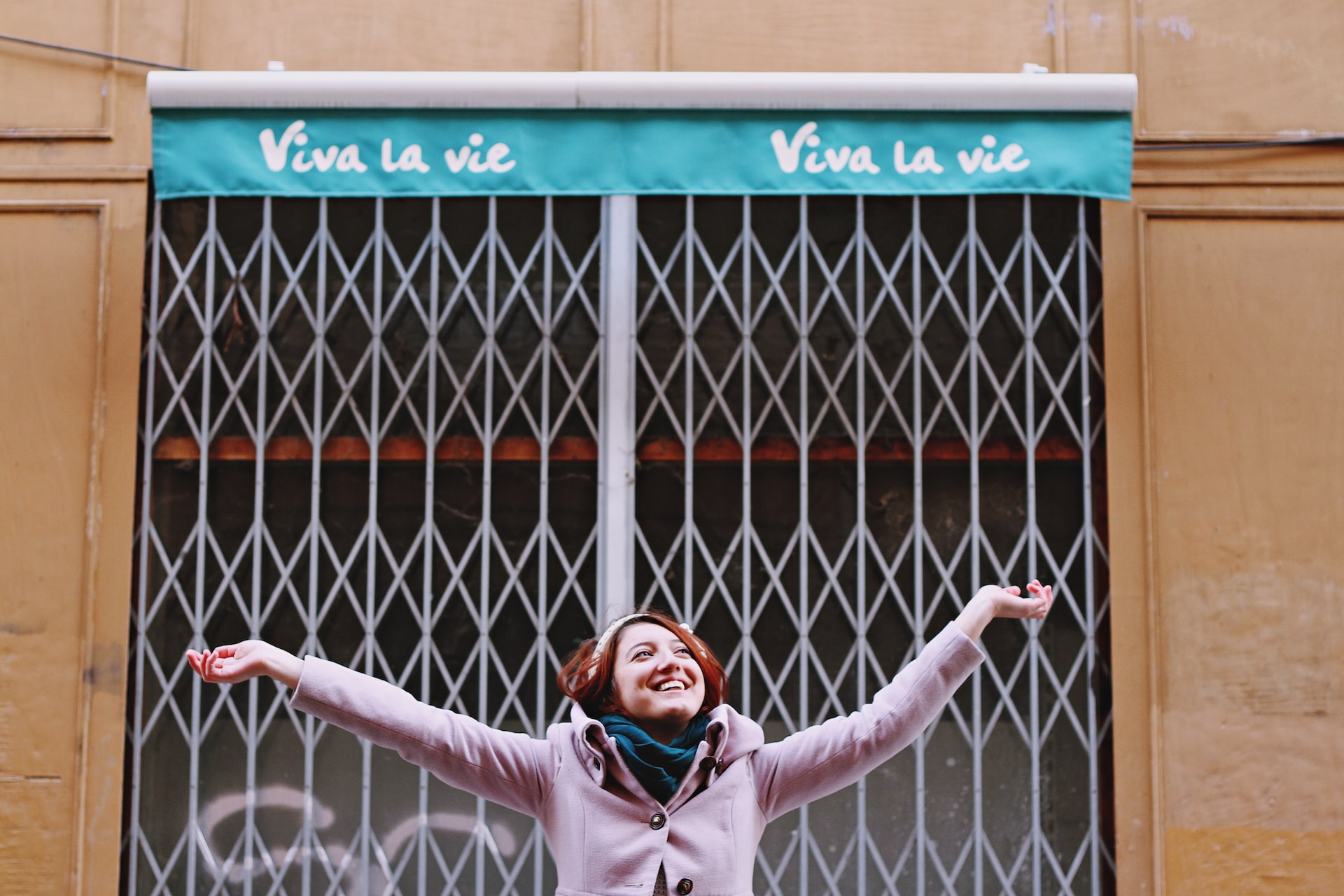Bring Your Full Self

This Dvar Torah on Parashat Nitzavim-Vayeilech was adapted from one written by Rabbi Elana Kanter, who serves as executive director of the Women’s Leadership Institute and co-rabbi of The New Shul.

Photo by Toa Heftiba on Unsplash
Parshah Nitzavim begins with the words, “Atem nitzavim hayom kulchem,” “You stand before God this day — all of you.”
The ancient rabbis understood “this day,” to refer to Rosh Hashanah.
Some later Hasidic commentators understood these words to refer not only to the specific day upon which we stand before God, but also to the particular way in which we need to prepare to do that.
The Slonimer Rebbe, from a volume called, Mayanot Netzach, teaches that, “You stand before God this day — all of you,” means that when we stand before God, the entirety of our lives, the entirety of who we are and what we have done, stands before God.
We might be on our best behavior today, but when it comes to evaluating ourselves, the way we have behaved every day is what we must consider.
The entirety of who we are and what we do stands before God in judgement.
Because of this, we would be wasting time — ours and God’s — if we came before God with anything less than complete and total honesty.
Rosh Hashanah demands profound honesty from us and if we are to have any benefit from this process of teshuva/repentance, it behooves us to come in without the masks we often put on, or the excuses and denials we often invent for ourselves.
It takes courage and integrity to be honest. “Hotamo shel hakadosh barukh hu emet,” “God’s seal/signature is honesty,” and in standing before God, we cannot come with anything less.
Another Hasidic commentator, the Sfat Emet, Rabbi Yehuda Leib Alter of Ger, understands those words differently. When Moses says to the children of Israel, “Atem nitzavim hayom kulchem,” “You stand before God this day — all of you,” Moses is really saying: Don’t come to Rosh Hashanah in a half-hearted way.
When you stand before God, it must be all of you, your whole self must be involved in the process. Bring every ounce of your ability to be present, bring all of it to this day.
Stand before the Holy One with your body, your soul, your intellect, and your emotions. Bring your whole self to the experience of teshuva.
God wants our entire selves, our complete focus, our full attention.
Pay attention to the work of Rosh Hashanah, and in so doing, begin the year fully present, and then continue to be fully present the day after, and each and every day after that as well.
Don’t be distracted, unfocused, scattered. Stand before God, deeply and utterly present.
That is how we write ourselves into the book of life, by being fully alive in our lives.
To stand before God and renew our relationship this year, we must summon our deepest honesty and our fullest attention.
But that requires careful preparation: practice in cultivating our attention and practice in reaching deeply within, for that honesty. God is waiting and hoping for us to do just that.
God will meet us more than halfway, as Rabbi Yossi taught in Midrash Shir HaShirim Rabbah, God promises us, “Open for me an opening of teshuva as small as the eye of a needle, and I will open doorways for you so wide that wagons can enter.”
May we merit being able to create that opening and may we be privileged to feel the wide embrace that God promises us for our efforts.
Shabbat Shalom!




